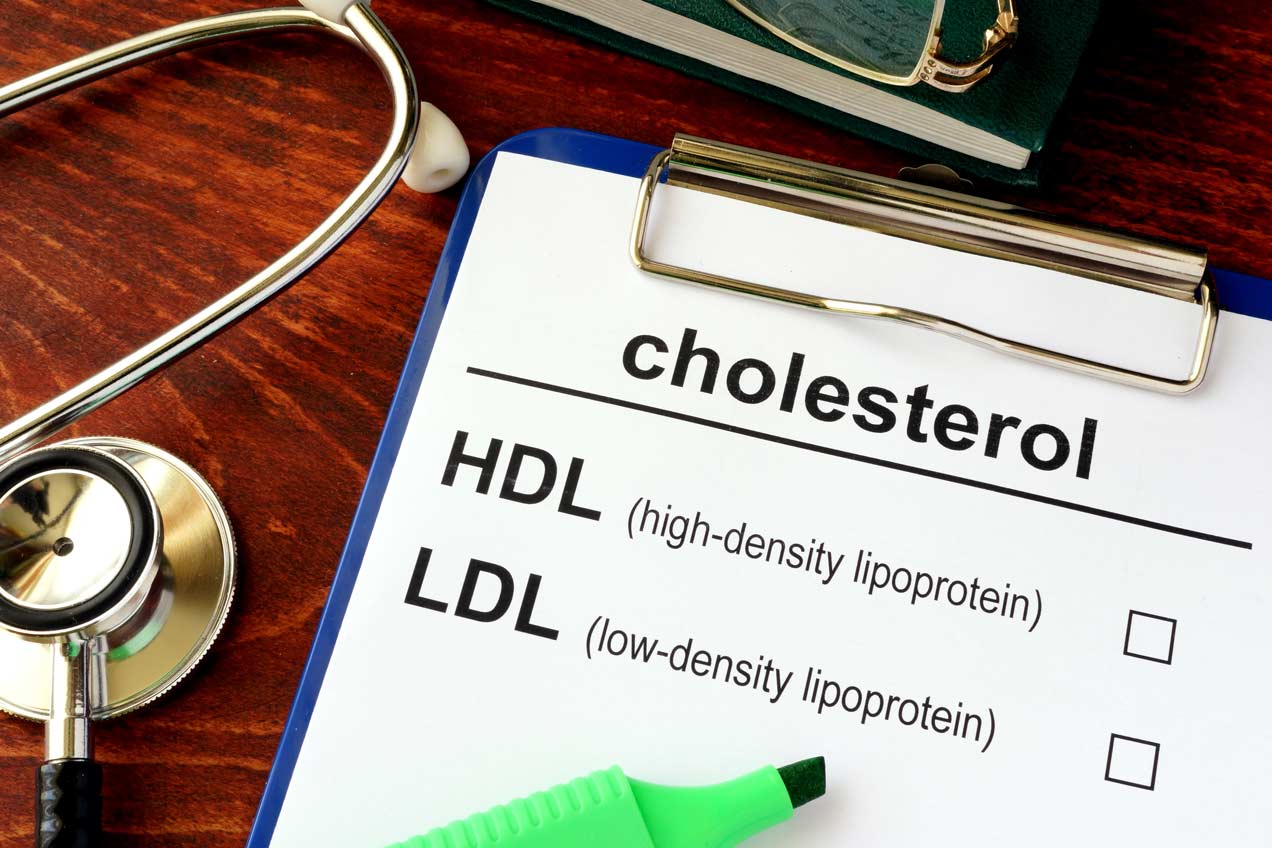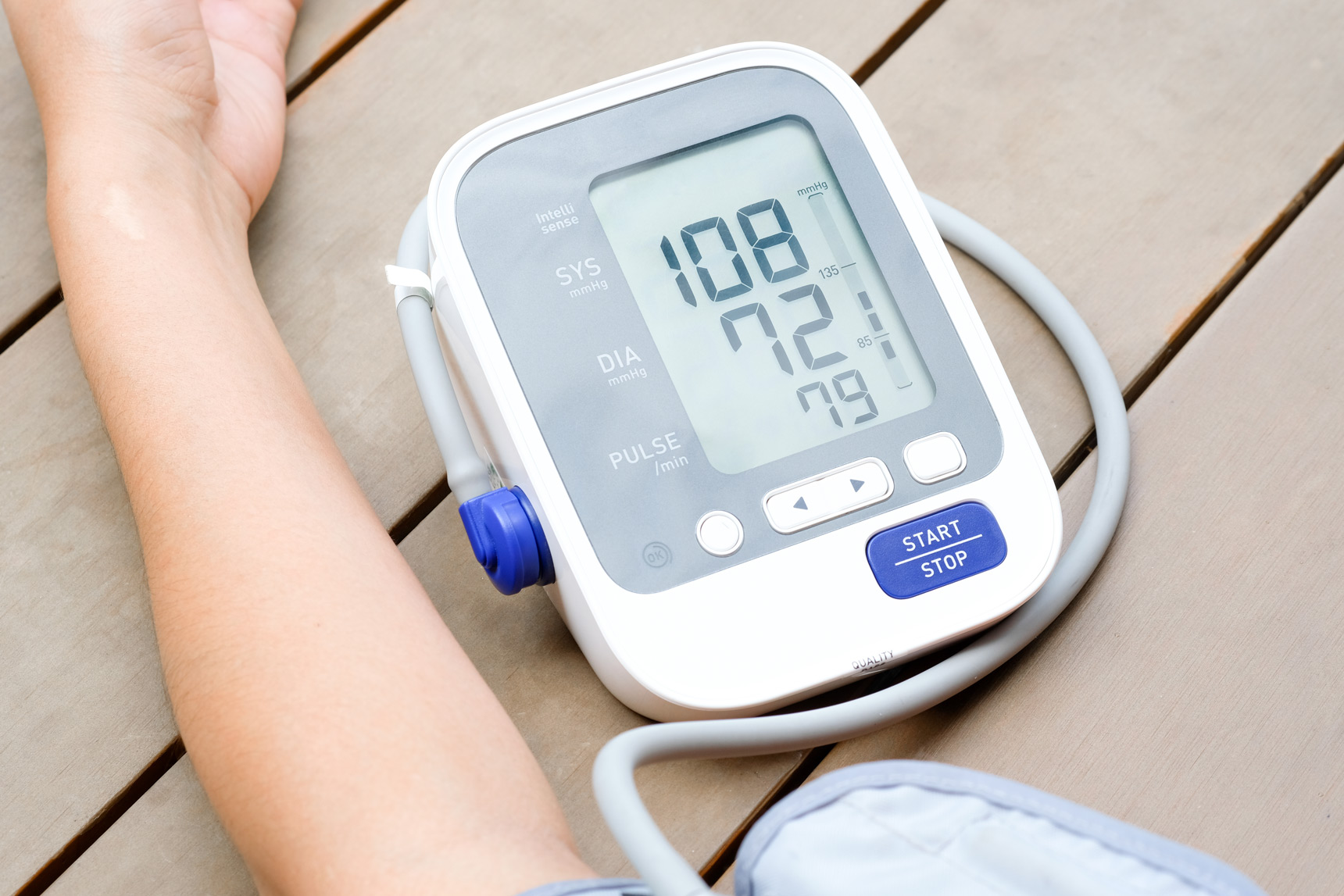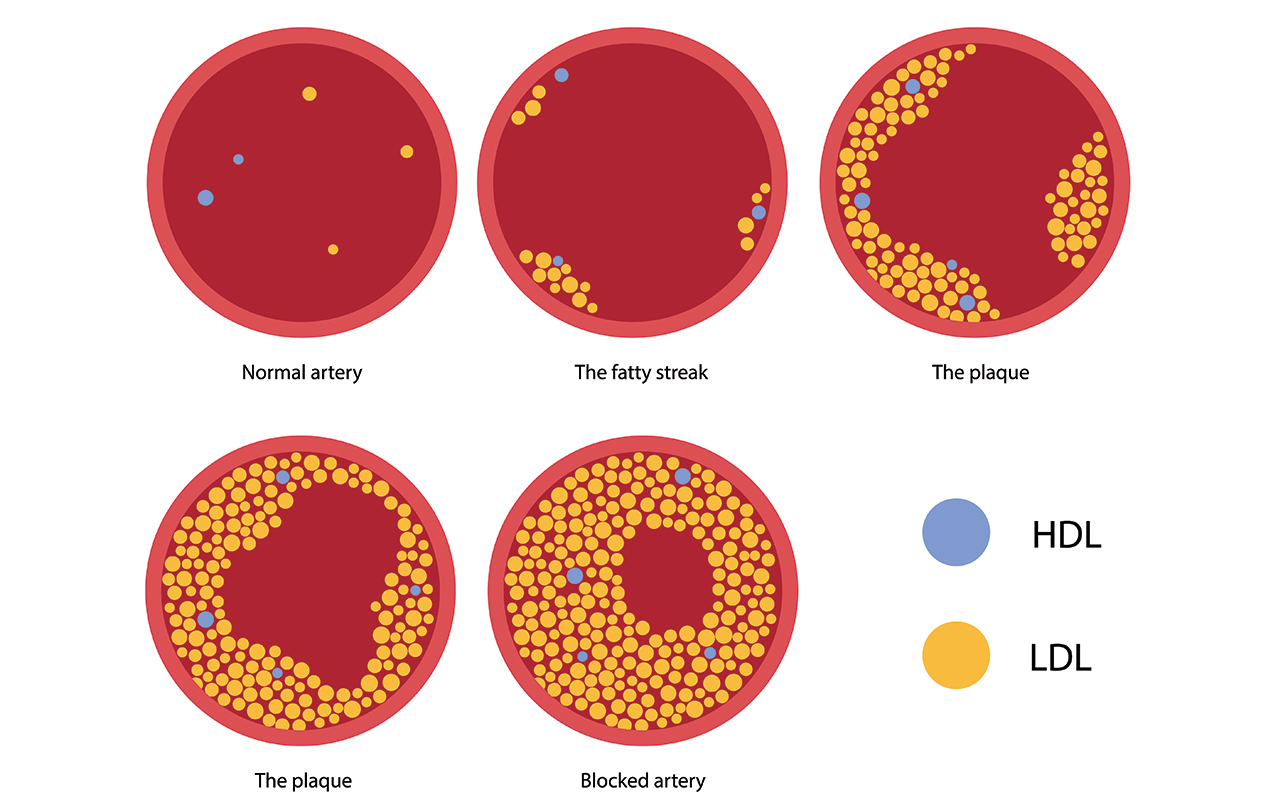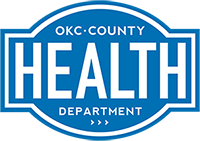High Cholesterol
WHAT IS CHOLESTEROL?
Cholesterol is a waxy fat-like substance in the body. Your body actually makes all the cholesterol it needs, but we also get cholesterol from the foods we eat. Some cholesterol is needed for your body to work properly. High levels in the blood can lead to heart disease and stroke. Cholesterol is broken down in different categories:
Total cholesterol is made up of LDL, HDL, Triglycerides and Lp(a) cholesterol.
High-density lipoprotein (HDL): Also known as a good cholesterol. High levels of good cholesterol have been shown to protect against heart attacks. Low levels of good cholesterol put you at a greater risk of heart disease. HDL cholesterol helps keep arteries from clogging up with plaque buildup.
Triglycerides: A form of fat made in your body.

DESIRABLE CHOLESTEROL LEVELS
| TAL Cholesterol | Less than 200 mg/dL |
|---|---|
| LDL (bad cholesterol) | Less than 100 mg/dL* |
| HDL (good cholesterol) | 40 mg/dL or higher |
| Triglycerides | Less than 150 mg/dL |

WHO IS AT RISK FOR DEVELOPING HIGH CHOLESTEROL?
Some people are more likely to develop high cholesterol than the average American adult. Some risk factors for having high cholesterol are:
- Genetic
Having a close blood relative with high cholesterol puts you a greater risk for developing it yourself. - Age
As people get older cholesterol tends to increase. - Gender
Men tend to have a lower HDL (bad cholesterol) than women.
Women tend to have lower LDL (good cholesterol) than men. - Diabetics
People living with Diabetes are at an increased risk for developing high cholesterol. - Diet
Eating a diet high in saturated and trans fat foods with high dietary cholesterol and triglycerides puts you at risk many diseases. - Being overweight.
People that are overweight tend to have a higher LDL (bad cholesterol) and lower HDL (good cholesterol) with higher total cholesterol. - Being physically inactive.
Physical activity helps you maintain a healthy weight and lower your risk for heart disease. For more information on the benefits of physical activity, please click here.
HOW CAN I LOWER MY HIGH CHOLESTEROL?
Having high cholesterol can lead to heart disease and stroke. It is very important for you to see your doctor on a regular basis. Your doctor will check your cholesterol on an annual basis, or more frequently if you have high cholesterol. Your doctor may prescribe a cholesterol lowering medication for you. It is very important that you take this medicine as prescribedMaking some healthy lifestyle changes is also a great way to help lower your cholesterol.
For more information on classes available to help you make these healthy lifestyle changes, please visit our Total Wellness page.
What are the signs and symptoms of HIGH CHOLESTEROL?
There are usually no warning signs or symptoms that you have high cholesterol. It is often called the a silent killer. Unless you have your cholesterol checked on a regular basis, you typically have no way of knowing that it’s high.

TIPS TO HELP WITH YOUR HIGH CHOLESTEROL

Follow a healthy diet
Try to lower the amount of fat and dietary cholesterol that you eat every day. For more information on nutrition and heart disease, please visit our Nutrition section.

Lose weight
It is estimated that for every 2.2 pounds of weight you lose, you lower your total cholesterol by 1% . Any reduction in your weight can help lower your cholesterol and other risk factors for heart disease.

Be physically active
The CDC recommends that adults maintain a minimum of 21/2 hours of physical activity, like brisk walking. Additionally, it is recommended to do muscle building exercises at least twice a week.

TAKE YOUR CHOLESTEROL LOWERING MEDICATION AS PRESCRIBED
For information on some of the medications you may be prescribed, please see our Medications page.

Quit smoking
Cigarette smoke causes damage to the blood vessels in your body causing them to harden. One year after quitting smoking you will already have a lower risk of developing heart disease. For more information on quitting smoking, please see our Tobacco Use Prevention section.

Manage your diabetes
People living with diabetes are more likely to develop heart disease. Keeping your diabetes under control can help lower your risk for developing high blood pressure.

FACTS AND STATISTICS
High Cholesterol:
- 1 in 6 adults has high cholesterol.
- 1 in 2 adults with high cholesterol does not get treatment
- 2 in 3 adults who have high cholesterol do not have in under control.
The display shows how too much bad cholesterol can build up in your artery walls and develop a substance called plaque. When the arteries are blocked it is harder for blood to flow. The blood can become blocked and form a blood clot which cuts off the blood circulating to your heart and brain. This is what causes heart attacks and stroke.
The American Heart Association estimated that heart disease cost Americans over $400 billion in 2007 alone.
Following a healthy diet and exercising are effective ways to help control your high cholesterol. Not everyone will be able to control their high cholesterol with diet and exercise alone. Some people will need to take a cholesterol lowering medication as well.” to “Following a healthy diet while staying active are effective ways to help control your high cholesterol. While overall beneficial, not all will be able to control their high cholesterol with diet and exercise alone. Medication is available.
WHY IS IT IMPORTANT TO TREAT HIGH CHOLESTEROL?
Untreated high cholesterol can lead to many health complications – including stroke, heart attack, heart failure, and more. It is one of the leading causes of heart disease in the United States.
HELPFUL LINKS

